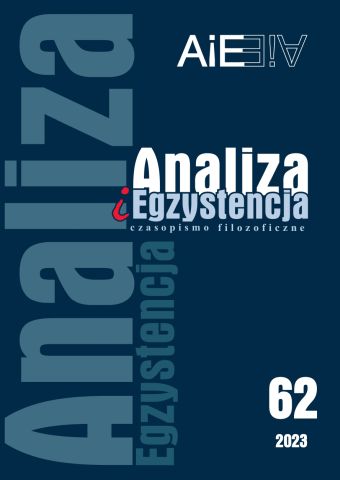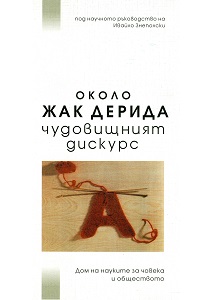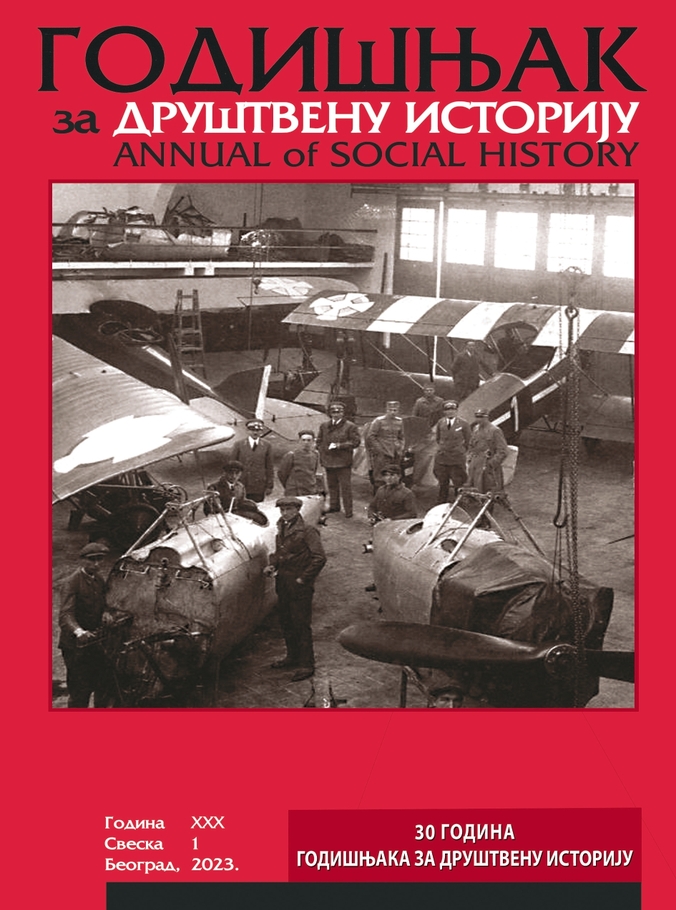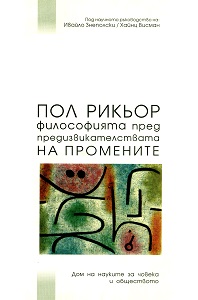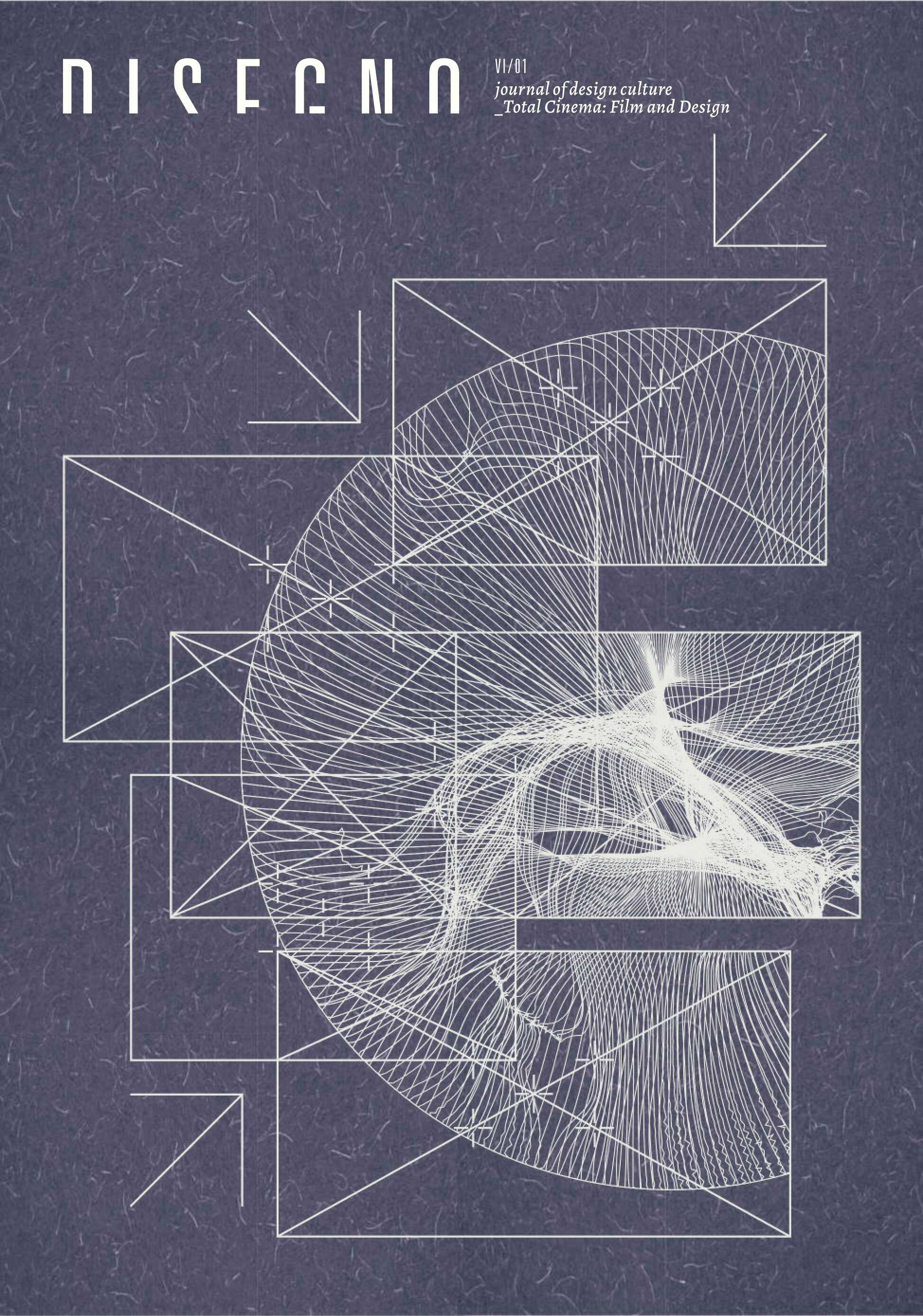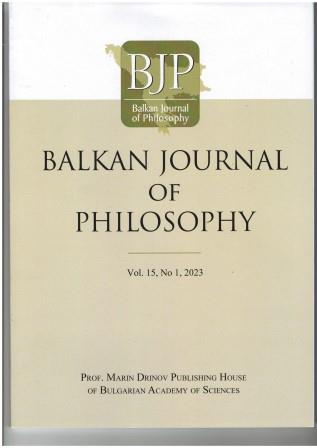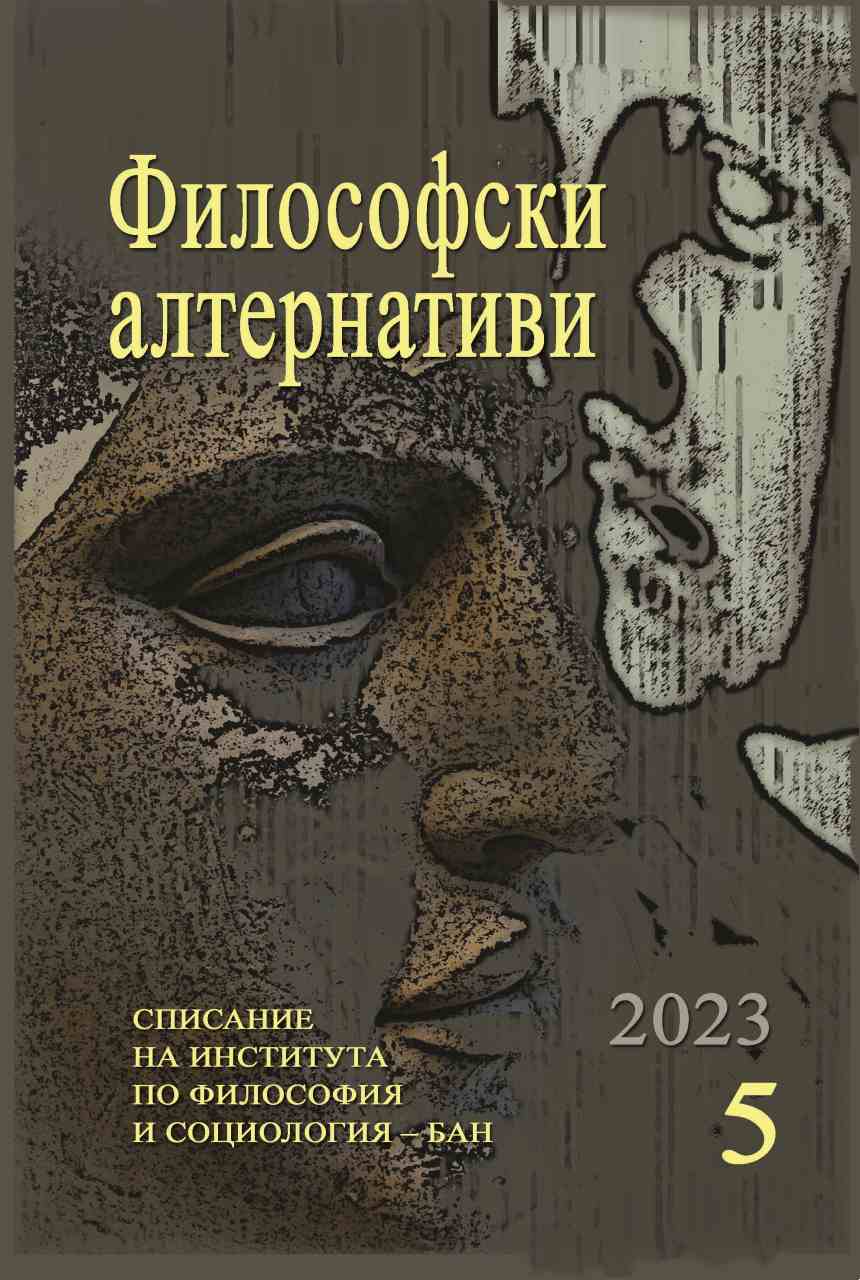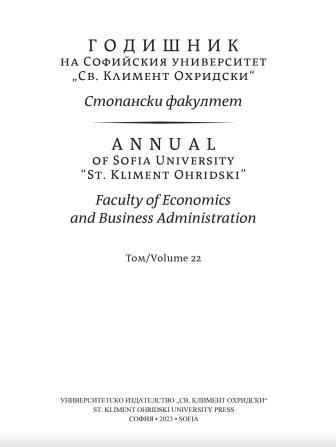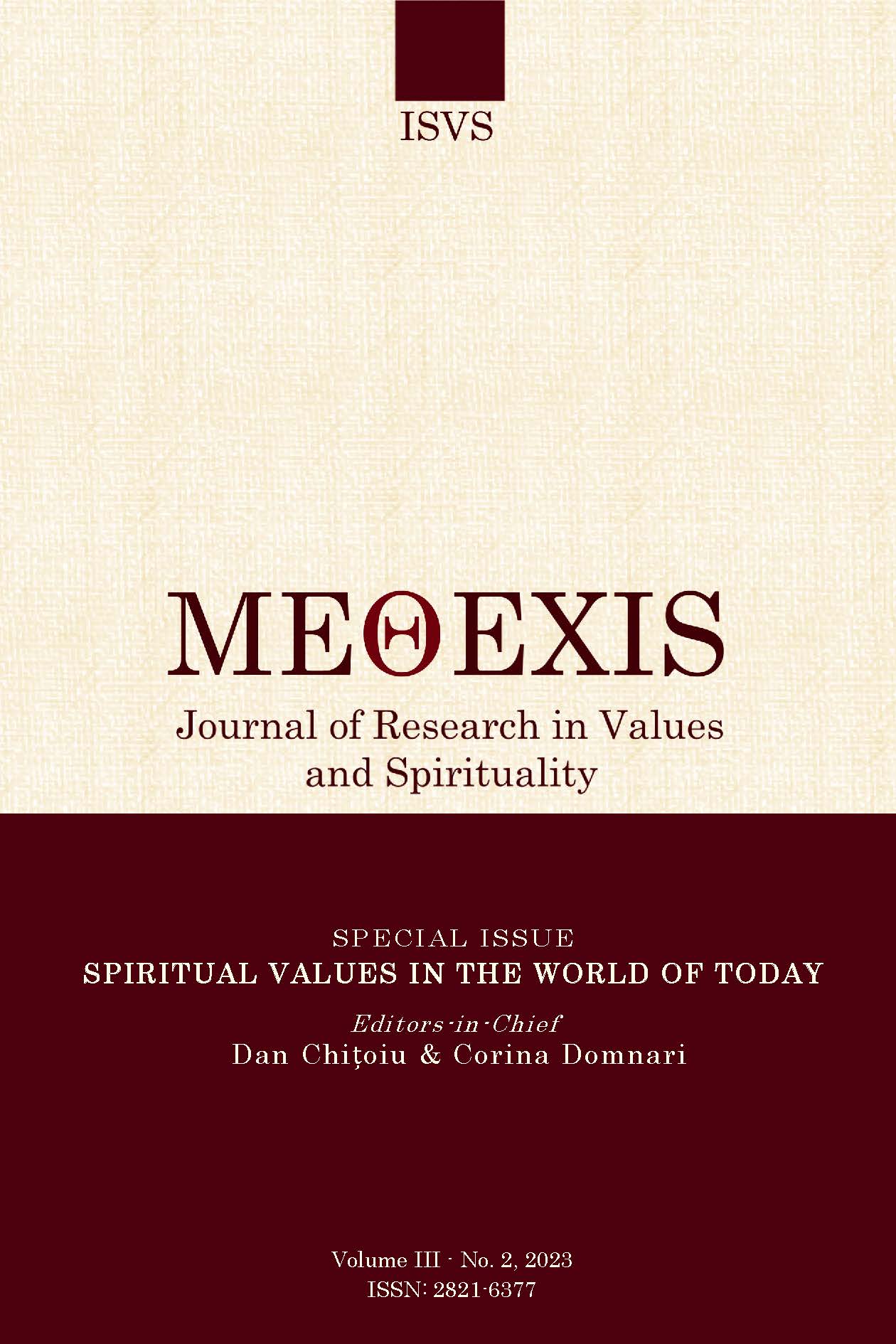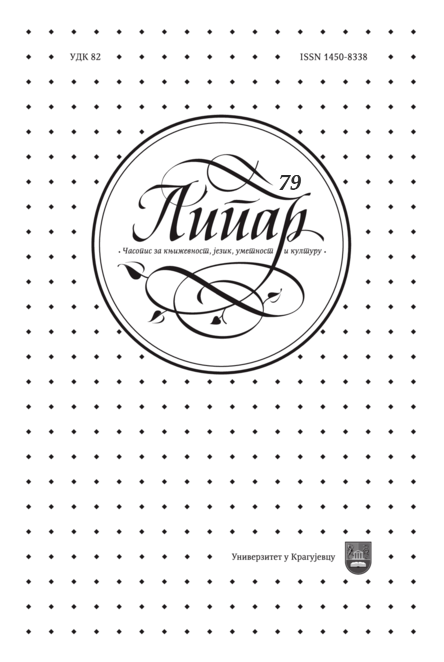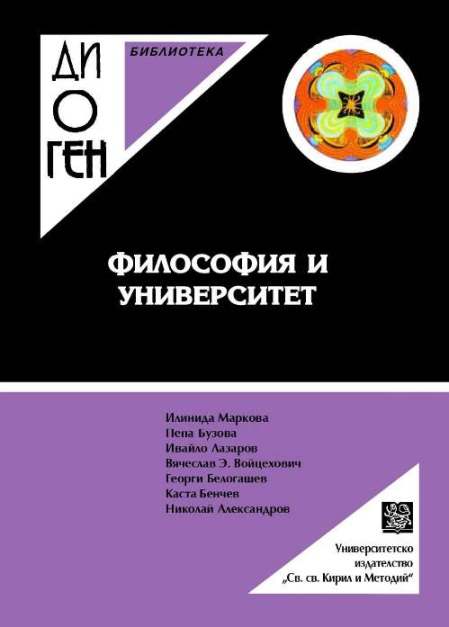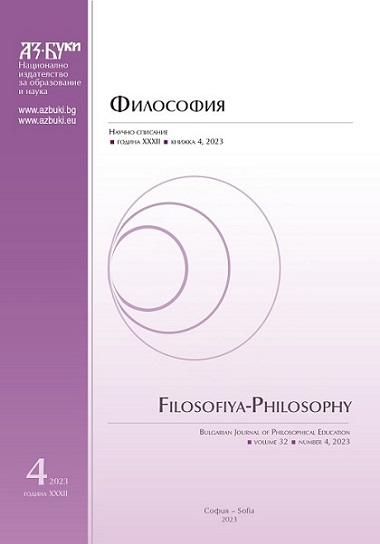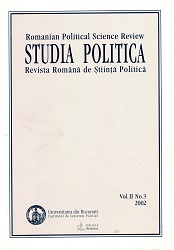
Constantin Dobrogeanu-Gherea în lectura postbelică din România
Les lectures de l’oeuvre du marxiste roumain C. Dobrogeanu-Gherea ont été plus critiques dans sa propre famille idéologique que sous toute autre perspective. L’article décrit les différentes visions de cette oeuvre très riche produites après 1945; la contestation idéologique et la contestation scientifique sont suivies par une tentative de récupérer les textes de Gherea, soit dans une perspective sociologique, soit dans une lecture philosophique. C’est ainsi que Gherea devient d’un ennemi de la doctrine officielle, anti-marxiste et anti-prolétaire, le premier sociologue marxiste au monde ou bien le Père fondateur du socialisme international. Lue autrement, ‘histoire des interprétations de Gherea décrit la carte intellectuelle du marxisme roumain d’après 1945.
More...
